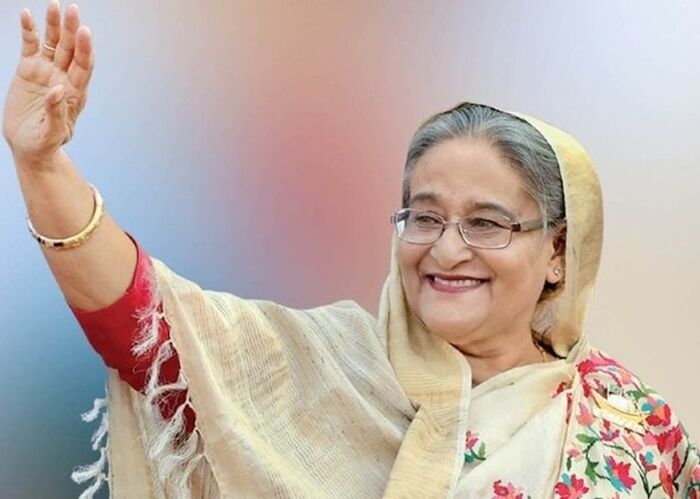In a landmark ruling that marks the harshest punishment ever handed down to a leader in Bangladesh’s history, former prime minister Sheikh Hasina has been sentenced to death in absentia after being found guilty of crimes against humanity. Her trial before the International Crimes Tribunal‑Bangladesh (ICT) concluded on Monday 17th November, 2025 in Dhaka following a months-long investigation into her government’s brutal response to student protests in August 2024.
Key Facts of the Case
- The tribunal found Hasina, aged 78 and currently living in exile in India, responsible for overseeing the deployment of lethal weapons, drones and helicopters against protesters during a nationwide student-led uprising in mid-2024.
- Prosecutors said up to 1,400 people were killed during the clashes — the worst violence in Bangladesh since its 1971 war of independence.
- The verdict also included death sentences for her former home minister, Asaduzzaman Khan Kamal, while another co-defendant, former IGP Chowdhury Abdullah Al‑Mamun, received a five-year prison term for turning state witness.
Reactions and Implications
The courtroom erupted into applause, cheers and even tears as the death sentence was handed down. Families of the slain students reacted with relief, calling the verdict “justice for the martyrs”.
Hasina rejected the tribunal’s legitimacy, calling it “politically motivated” and saying that proceedings lacked fairness and transparency.
Bangladesh’s interim government, led by Nobel laureate Muhammad Yunus, described the verdict as “historic” but warned of swift action against any attempt to unsettle the country.
With her party, the Awami League, banned from upcoming elections and thousands of supporters facing arrest, the sentence adds another layer of uncertainty ahead of national polls expected in February 2026.
India, where Hasina is living, stated it had “noted” the verdict but stopped short of committing to extradition. Bangladesh has officially requested her return.
What Happens Now?
Despite the death sentence, Hasina remains at large. Legal experts say any execution would require extradition or her presence in Bangladesh — both politically and logistically challenging.
Also under scrutiny are the tribunal’s processes: Human rights organisations raise serious concerns over fairness, independence and the use of the death penalty.
Security remains tight across Dhaka, with heavy police and military deployment ahead of the next election, as political tensions continue to rise.


